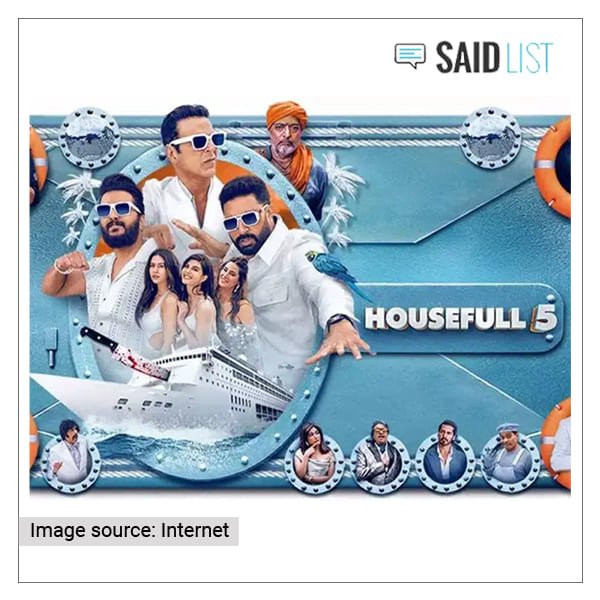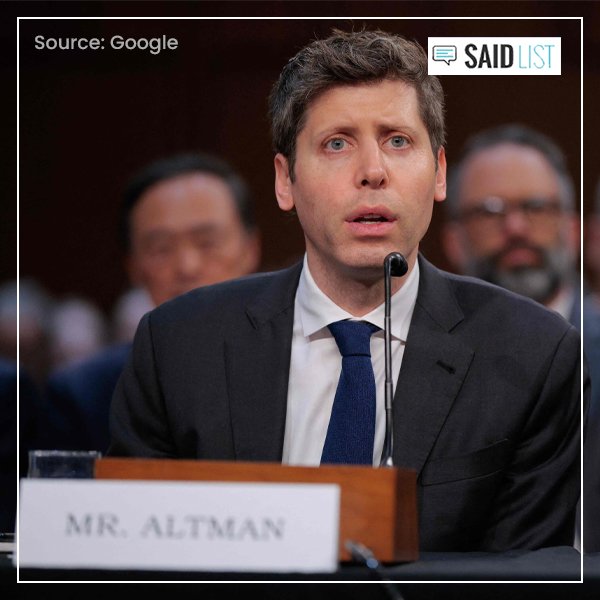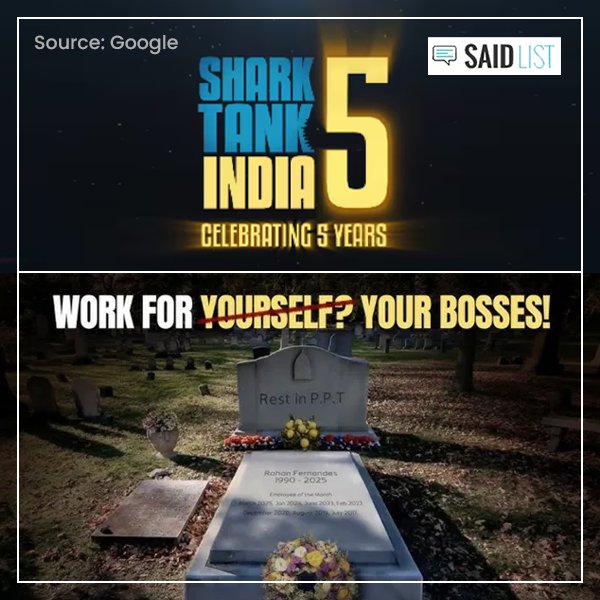The gruesome discovery of body of Punjabi influencer Kamal Kaur inside a parked car in Bathinda has sent shockwaves across India and sparked renewed conversations around online threats, gang intimidation, and the safety of digital creators. She was found dead on June 11, 2025, and had earlier received public threats from Khalistani terrorist Arsh Dalla.
Police are treating the incident as a suspected murder, with early investigations suggesting the body was dumped after being killed elsewhere. The car had fake number plates, indicating a premeditated act.
Who Was Kamal Kaur?
Kamal Kaur, whose real name was Kanchan Kumari, hailed from Ludhiana and had built a sizable digital following. With over 3.84 lakh followers on Instagram, she was known for raw, relatable, and often humorous content, usually in Punjabi. Her candid style occasionally courted controversy, with some critics labeling her content “vulgar” or “inappropriate.”
Despite the backlash, she continued to produce digital content and was considered one of the rising vernacular influencers in the Punjabi entertainment space. She reportedly lived with her family and was active on social media until mid-2024, when she abruptly reduced her digital presence—possibly due to threats.
What Happened on June 11?
Locals near Adesh Medical University, Bathinda, alerted police after noticing a strong foul smell from a white car parked in the area for days. Upon investigation, police found Kaur’s decomposing body in the vehicle.
According to SP (City) Narinder Singh, the car appeared abandoned and bore fake registration plates. “Prima facie, it appears someone committed the murder elsewhere and left the body here. We are verifying the car’s origin and awaiting post-mortem results,” he told reporters.
Connection with Arsh Dalla: Old Threats Come Back to Haunt
In October 2024, Punjabi news channel News18 Punjab published an audio clip where Arshdeep Singh Gill alias Arsh Dalla, a designated terrorist, threatened Kamal Kaur for allegedly spreading “filth” on social media.
In the recording, Dalla said:
“She’s spreading filth on social media… She must remove her content or I will kill someone from her family.”
The clip had gone viral last year, sparking public concern, but no official police protection was provided to Kaur, sources suggest.
The threats came during a time when Dalla was actively targeting artists, influencers, and businessmen in Punjab via his network of hitmen and extortion rackets. Kamal’s defiance—and later silence—may have made her an ongoing target.
Who Is Arsh Dalla?
Arshdeep Singh Gill, known widely as Arsh Dalla, is one of India’s most wanted Khalistani-linked terrorists. Originally from Dala village in Moga district, Punjab, Dalla moved to Canada in 2018 after marrying a Canadian citizen. He is associated with slain separatist leader Hardeep Singh Nijjar and has deep ties with Khalistani gangs operating transnationally.
As per the Ministry of External Affairs, he is a proclaimed offender in over 50 cases, including:
- Murder
- Attempt to murder
- Terror financing
- Extortion
- Narco-terrorism
In total, Punjab Police have linked him to 58 criminal cases.
Dalla’s mother still resides in Punjab, while he runs operations remotely via WhatsApp, Telegram, and encrypted networks.
Social Media Influencers and Growing Vulnerability
Kamal Kaur’s murder underscores a growing threat to digital influencers, especially those working outside corporate or agency protection. Creators dealing with vernacular, controversial, or politically sensitive content are especially vulnerable to harassment from gangs, trolls, and ideologically motivated groups.
This case shines a spotlight on three critical concerns:
- Online Threats Turning Into Offline Crimes: The transition from digital harassment to physical danger is no longer speculative—Kaur’s case proves that such threats need urgent legal attention.
- Lack of Police Protection: Despite public threats from a known terrorist, no special security or digital protection appears to have been given to Kaur. This raises questions about law enforcement responsiveness in digital threat cases.
- Platform Responsibility: Despite complaints, the audio threat remained on the internet. Influencers often find little support from Instagram, YouTube, or X unless mainstream media intervenes.
Was This a Targeted Killing?
While police are yet to confirm whether Arsh Dalla’s group was involved in Kaur’s murder, the timeline and threat history strongly suggest a targeted attack. The use of a fake car, the dumping of the body, and prior public threats align with the modus operandi of extortion gangs that operate remotely using local hitmen.
The post-mortem report, expected in the next few days, may reveal more about the cause and time of death. Investigators are also reviewing CCTV footage, mobile location pings, and her last known digital activity to determine the chain of events.
Digital Harassment in India: A National Security Risk?
The Kamal Kaur case joins a troubling list of digital hate crimes and threats escalating into real-world violence. With more influencers emerging from small towns, caste groups, and regional languages, their exposure to unfiltered hate, extortion, and radical threats has increased manifold.
Even male influencers and musicians in Punjab, including Sidhu Moosewala, have been earlier targeted by similar gangs. Moosewala was assassinated in May 2022 in a high-profile case linked to gang rivalry and social media antagonism.
Kaur’s case, like Moosewala’s, may trigger calls for:
- Influencer protection laws
- Cyber threat reporting cells
- Faster takedown mechanisms on social media platforms
- Cross-border terror cooperation, especially with Canada
Conclusion: A Chilling Reminder That Online Isn’t Just Online Anymore
Her story is a reminder that in today’s world, the divide between online and offline is dangerously blurred.
As investigations continue, one thing is clear: if threats from globally wanted terrorists like Arsh Dalla are ignored, then every outspoken voice online is at risk—especially when they lack institutional backing or political protection.











